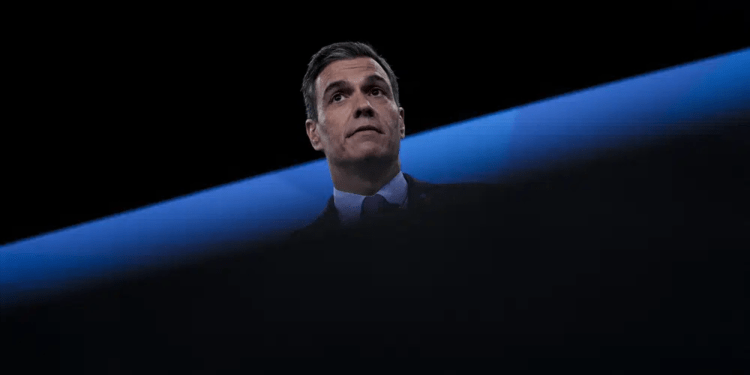Entertainment is seduction and speculation in equal measure.
A studio pours hundreds of millions into a tentpole movie that promises global audiences; a game developer spends years and millions crafting a new world; a musician releases an album hoping to break through.
Yet even the most glittering projects crash. The history of entertainment is littered with prestige projects and big-budget spectacles that failed to recoup costs, while small, unexpected works sometimes become cultural phenomena.
This unpredictability is not a sign of incompetence but a structural feature of industries driven by taste, timing, and complex social dynamics.
However, veteran filmmaker Socrate Safo revealed that the glamour of Ghana’s entertainment industry always comes with a reminder that behind the lights and applause lies an industry where success is never certain.
According to him, unlike other sectors, success in entertainment does not come with any guarantees.
The filmmaker recalled an experience from his early years in the movie industry when a Nigerian actor approached him for a role.
At the time, he admitted he did not have the money to pay the actor but still wanted him in the film. Instead of a fee, Socrate mentioned that he offered the actor something different: the Nigerian distribution rights to the movie.
“I would love to be in the movie. I said, ‘Okay, come, but I would not pay you, but I would give you the Nigerian right’.”
Socrate Safo

Socrate disclosed that this was not unusual in the entertainment industry. According to him, filmmakers cannot afford to pay big actors upfront, as it is common practice to give them equity or distribution shares.
“To do the distribution in Nigeria and take the money. It happens, Hollywood, it’s done. That’s how people say that actors do get shares. He charges you 105 dollars million, and you don’t have it, so he has equity in the movie, so as you don’t have it, so as you are distributing, then he is also getting a percentage in the movie. I give him the full right, so he can sell as many as he wants, and he can also make losses. One thing about entertainment is that returns are not guaranteed.”
Socrate Safo
Entertainment projects typically involve large up-front fixed costs (development, production, talent, marketing) with low marginal cost per additional consumer. That means a project must reach a large audience to cover its sunk costs.
At the same time, demand follows a highly skewed distribution: a small number of blockbusters capture a disproportionate share of revenue, while the vast majority earn little. This “winner-take-all” effect makes overall performance volatile—studios chase a few big hits, but most bets fail to become winners.
Platforms and technologies reshape who discovers what and how they watch or listen. The rise of streaming upended theatrical windows and revenue models; social platforms make or break launches through influencer and meme dynamics.
There are recurring paths to outsized success: strong IPs with built-in audiences, exceptional timing, brilliant marketing campaigns, word-of-mouth momentum, favorable algorithmic boosts, and occasionally sheer luck. Sleeper hits and cult phenomena show that unpredictability works both ways.
How Creators and Businesses Manage Risk

Studios and labels spread risk across multiple projects, balancing big-budget tentpoles against indie bets and lower-cost content. Diversification accepts that not every title will succeed while allowing occasional hits to cover losses.
Pre-release testing, data analytics on audience behavior, and phased rollouts help refine marketing and content choices. For games and some digital content, early-access and beta testing allow iteration before full launch.
Not every story needs blockbuster budgets. Modest budgets lower the break-even threshold and improve the chance of profit. Incremental investments (franchises, sequels) can be safer when built on proven demand.
Long-term relationships with fans to reduce unpredictability. Franchises, transmedia storytelling, and creator-audience engagement create loyalty that increases the odds of success for future projects.
Ancillary revenues—merchandising, licensing, streaming rights, international distribution, live experiences—can soften the blow of a weak primary market performance.
For games and digital services. Post-release updates and transparency can convert initial failure into long-term success. Open communication and corrective action rebuild trust and revenue.
Entertainment is a high-stakes market of creativity, commerce, and collective taste. Returns are never guaranteed because the variables that determine success—human preferences, cultural timing, technological platforms, and market competition—are complex and often beyond control.
That uncertainty is uncomfortable for investors but essential to the vibrancy of the arts: it lets innovators take risks, sometimes producing extraordinary cultural value.
Smart producers mitigate risk with diversification, data, community-building, and flexible strategies, but they must also accept that unpredictability is part of the business.
In short, the only certainty in entertainment is uncertainty—and those who learn to navigate it, rather than deny it, have the best chance of finding the rare but transformative hit.
READ ALSO: Bright Simons Questions Silence On Private Firms Amid Stratcon Lawsuit























